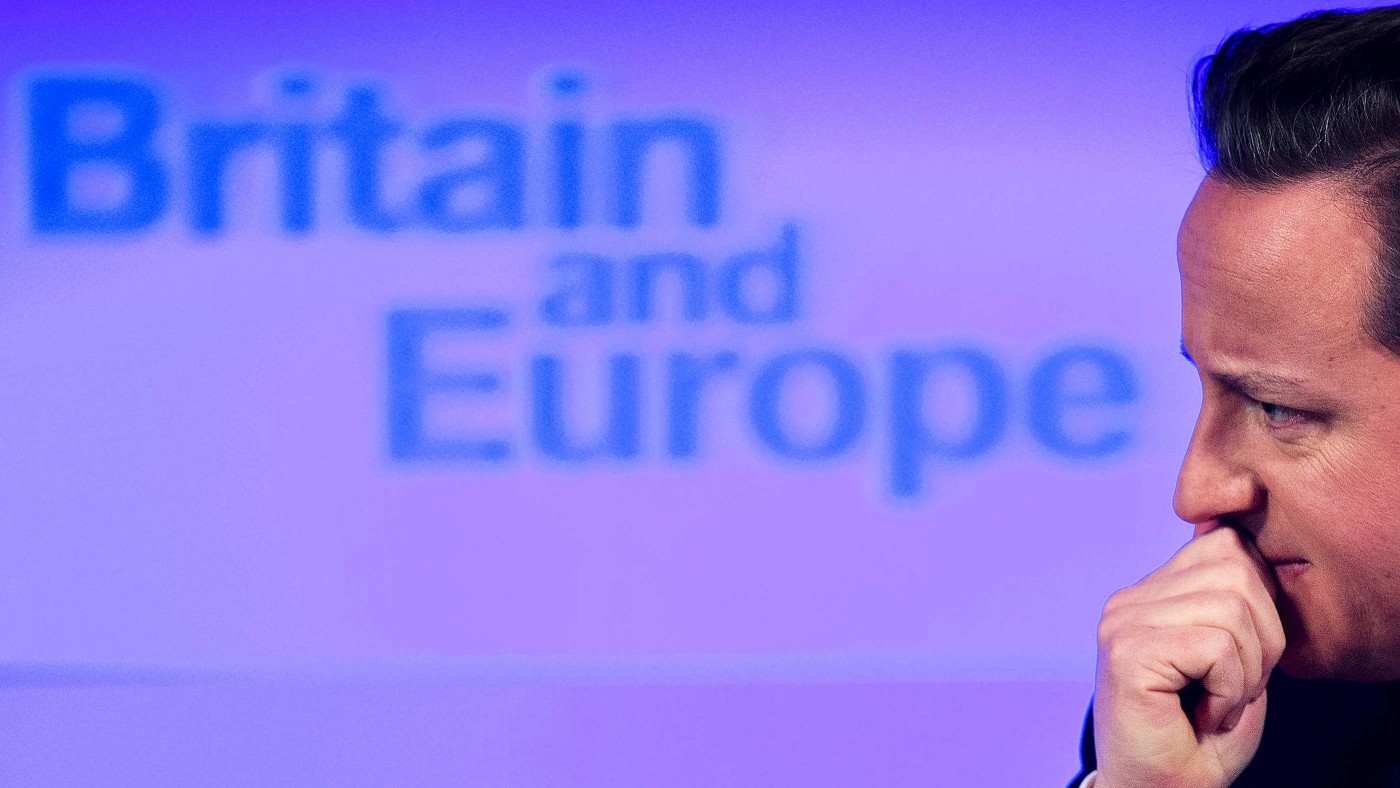When the BBC makes a mockumentary about the end of the EU, you pretty much know what line it’s going to take. Sure enough, The Great European Disaster Movie, screened last night, painted a picture of total societal breakdown: economic collapse, mass deportations, terrorism, Muslim armies at the gates of Vienna, flesh-eating zombies. Well, OK, I’m not sure about the zombies – to be honest, I was struggling to stay awake after 20 minutes – but I’m pretty certain the rest of it was there.
The film, made for BBC Four by Bill Emmott, a former editor of The Economist, ran through all the Euro-integrationist clichés. In Emmott’s version, the EU stands, not just for peace and prosperity, but also for decency and broadmindedness. Opposition comes from bigots and racists who are obsessed with immigration and who want to turn the clock back to the 1950s.
No one will have been surprised by the partisanship. What did surprise, though, was the poor production and dullness of the whole exercise. Having established its absurd plotline, the film then consisted largely of Euro-luvvie talking heads: Peter Mandelson, Felipe González, Radek Sikorski, blah blah. No attempt was made to engage with actual Eurosceptic arguments: that regional trade blocs are becoming redundant with modern technology, that excessive regulation is harming the European economy, that the EU is undemocratic.
Instead, we were given a string of hackneyed ideas that could have come from the 1950s, even including the old chestnut about having to be a single bloc so as to hold our own against America and China. (Seriously, chaps, if size were a guarantor of success, China would be wealthier than Hong Kong, Indonesia than Singapore – and the EU, for that matter, than Switzerland.)
What is the true alternative to the EU? A good candidate is the European Free Trade Association (EFTA), whose members top the global league tables on wealth and quality of life, and whose peoples have made up their minds against EU membership.
Of course, the last thing the Euro-zealots want is to compare the merits of their bloc – the euro, the tax harmonisation, the Common Agricultural Policy, the swatting aside of national referendums – with prosperous and happy EFTA nations. Hence their near-hysterical insistence that the only alternative is economic collapse.
The funny thing is that what might really have brought about such a collapse is British membership of the euro – as favoured at the time by almost all the film’s participants.
I don’t mind that the people who wanted to join the euro in the 1990s haven’t apologised. But I do mind that they are using precisely the same flawed logic to argue for EU membership, as if nothing had gone wrong with their predictions last time.
Every other continent on the planet has recovered fully from the 2008 crash. The Eurozone alone has contracted a chronic condition, a bug it can’t shake off. The single currency has immiserated large parts of Europe, condemning millions to poverty and unemployment. Yet Euro-integrationists continue insouciantly to aver that it’s their opponents who threaten the economy.
If this is what we’re up against, I’m increasingly confident that Britain will vote to leave when the referendum comes. Bring it on.


